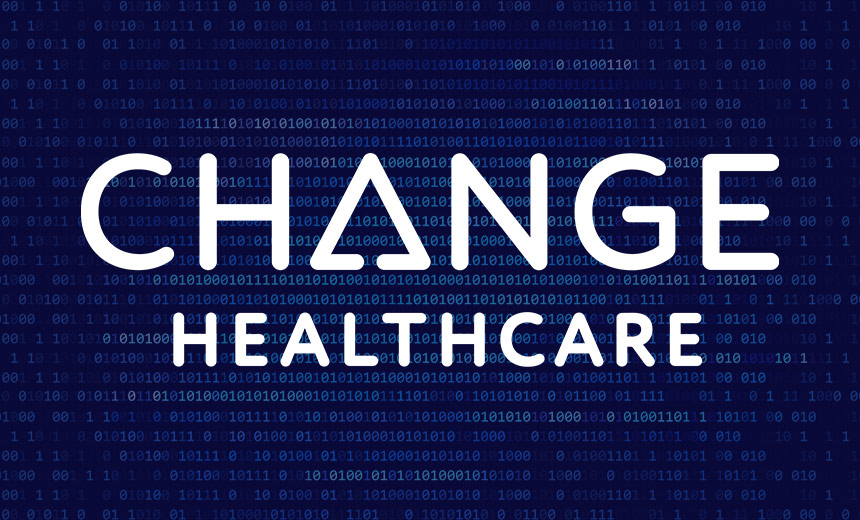Data Breach Notification,
Data Privacy,
Data Security
Ransomware Attack Reveals Critical Vulnerabilities in Healthcare Resilience and Vendor Dependency

A significant ransomware attack attributed to Russian-speaking hackers has transformed the landscape of cybersecurity in the healthcare sector. One year ago, the malicious actors targeted Change Healthcare, an essential IT services unit of UnitedHealth Group, resulting in the shutdown of over 100 critical software applications. This disruption severely impacted patient care and business operations across thousands of U.S. hospitals, with recovery efforts that extended for months. Ultimately, the breach exposed the health data of an unprecedented 190 million individuals, marking one of the largest health data compromises in history.
This attack not only emphasized the vulnerabilities within healthcare’s complex web of vendors and supply chains but also raised questions about the overall preparedness for similar crises in the future. Experts highlighted various cybersecurity challenges that the healthcare sector faces, including risk management concerning third-party vendors, the need for improved incident response strategies, and compliance with evolving regulatory frameworks. The pressing question remains: how equipped is the industry for the next substantial cybersecurity incident?
As articulated by Dr. Jesse Ehrenfeld, former president of the American Medical Association, this cyberattack has underscored the critical interdependencies within healthcare operations. He remarked that reliance on a single vendor, such as Change Healthcare, poses significant risks, leading to substantial operational dysfunction when that vendor falls victim to an attack. “The Change Healthcare attack was a wake-up call,” stated Dave Bailey, vice president of security services at Clearwater. It exemplified the ramifications of such dependencies, urging organizations to evaluate their vendor relationships and implement contingency plans proactively.
The implications of the Change Healthcare incident were dire; a report from the American Hospital Association revealed that 74% of surveyed hospitals experienced direct impacts on patient care, including delays in authorizations for essential services. Financial ramifications were also significant, with nearly all respondents reporting financial losses and many needing weeks to months to regain normal operations once system functionality was restored.
In light of these developments, organizations are rethinking their vendor strategies. For instance, Baptist Health in Florida is auditing their vendor dependencies to mitigate similar risks in the future. The reality check brought forth by this breach is prompting healthcare providers to diversify their vendor portfolios and enhance the cybersecurity measures of essential systems. UnitedHealth Group CEO Andrew Witty acknowledged a shift in customer behavior post-attack, stating that many clients are proactively seeking additional vendors to ensure redundancy in critical software systems.
The cyber incident, which began when attackers exploited weaknesses in Change Healthcare’s remote access services, underscores the importance of implementing robust security measures, such as multi-factor authentication (MFA). UHG conceded to paying a $22 million ransom after the attackers claimed to have stolen sensitive data. This incident is a salient reminder of the security vulnerabilities that exist not only within organizations but also due to the complexities involved during mergers and acquisitions.
As the industry moves forward, the significance of regulatory frameworks, particularly guidelines from the U.S. Department of Health and Human Services surrounding HIPAA compliance, cannot be overstated. While new security mandates are proposed, a balance must be struck to avoid overwhelming smaller healthcare entities that often lack the necessary resources to comply. Legislative support could make a profound difference, enabling organizations to adopt effective cybersecurity practices at all levels, from large entities to small practices.
In summary, the fallout from the Change Healthcare attack highlights the imperatives for stronger cybersecurity measures across the healthcare sector. Organizations must reassess their vendor dependencies, bolster their incident response capabilities, and fully integrate security protocols into their operational guidelines to avert crippling disruptions in the face of emerging threats. The lessons learned from this incident extend far beyond Change Healthcare and serve as a critical wake-up call for the entire industry.